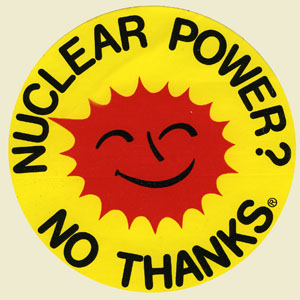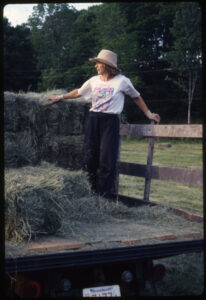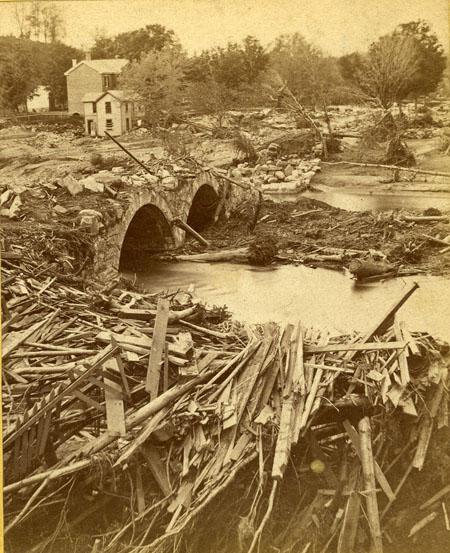Greening Greenfield Collection
Greening Greenfield is a citizen group based in Greenfield, Massachusetts, focused on environmental action. The group has been active since 2008, when it was known as the Greenfield Energy Committee, before being called the Greening Greenfield Energy Committee. It has been known as Greening Greenfield since 2010. Members work with residents, businesses, and town government to promote sustainability on a local level. The group successfully propelled Greenfield toward being the first municipality in Massachusetts to be classified as a Green Community.
The collection consists of meeting minutes, newspaper clippings, planning documents for programming, and grant applications.




